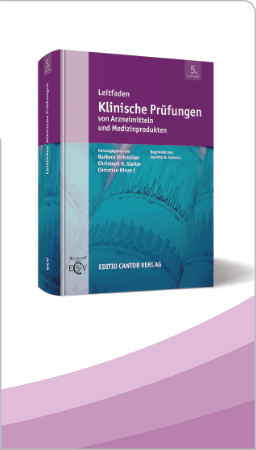| Applicability of GMP Rules to the Production of Essential Oils Bettina Funke1, Robert Hahn2, Michael Hubbert3, Andrea Lutz-Röder4, René Roth-Ehrang5, Ehrhard Anhalt6, Barbara Steinhoff6 1 Merz Consumer Care GmbH, Frankfurt/Main Essential oils are widely used as aromatics and flavourings in various sectors like cosmetics and foodstuffs. In minor quantities they are also used as active pharmaceutical ingredients (APIs) for the manufacture of herbal medicinal products. For this reason, they can be regarded as “atypical actives”. Thus, on the one hand GMP rules as described in Part II of the European Guidelines to GMP apply in principle. On the other hand, however, the same essential oils are manufactured according to other than Part II requirements. For these “atypical actives” a pragmatic, risk-based approach should be applied on a case-by-case basis in order to guarantee product quality and safety. A pragmatic approach is already described in Annex 7 to the European Guideline to GMP on the production of herbal medicinal products concerning the first step of the manufacture of essential oils. However, current discussions on amending Directive 2001/83/EC with regard to combat falsified medicines include additional requirements for APIs, in particular GMP certificates which might be a further obstacle for essential oils and their first production steps. |
|
|
pharmind 2010, Nr. 6, Seite 1032




